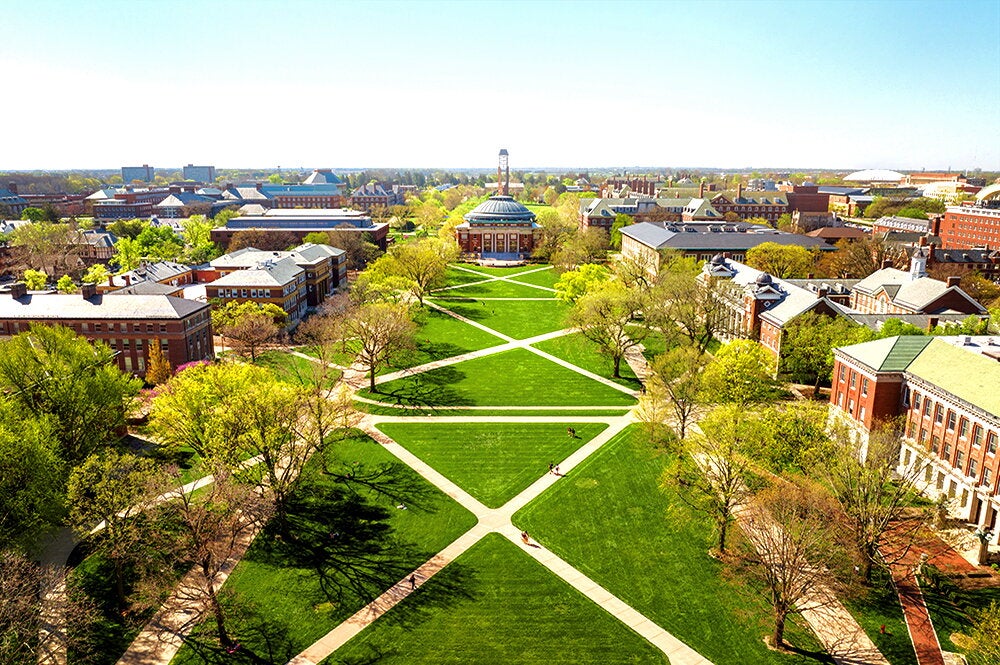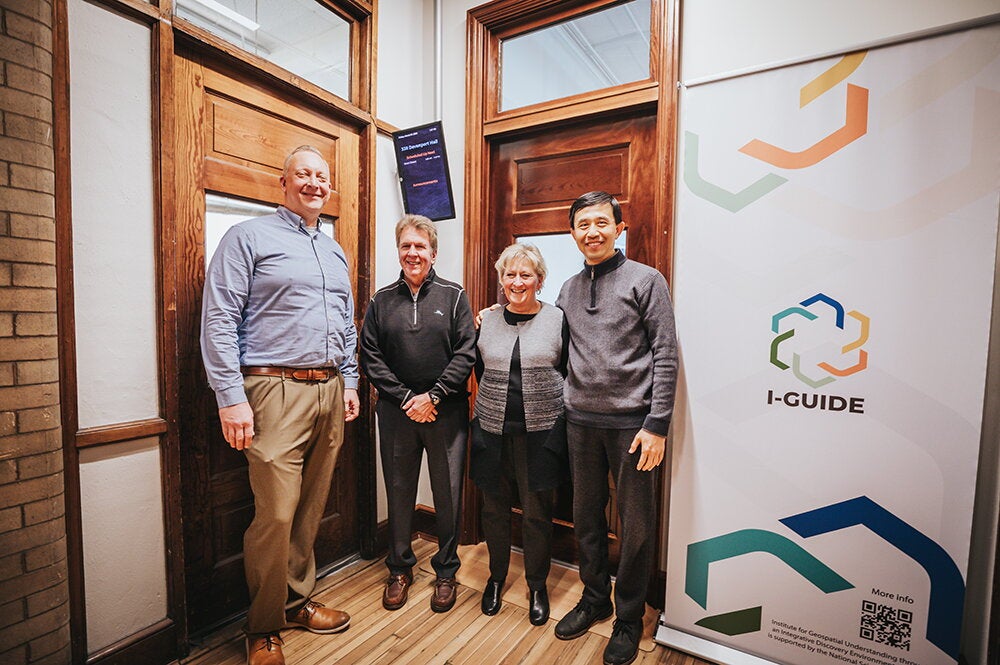Fakhri Bazzaz (MS, '60; PhD, '63, plant biology) has an uncanny ability to predict the future…the future of plant ecology, that is.
Bazzaz doesn't need a crystal ball to make his predictions, just a nice green house, maybe a beautiful New England forest or two, and of course, a well-equipped laboratory. With these ingredients and an innate talent for recognizing areas of critical research, he has time and again made profound impacts in the understanding of how plants evolve and adapt to environmental disturbances.
Something as violent as a storm or as unassuming as a groundhogcan intensely affect how plants grow and reproduce. Bazzaz pioneered techniques for measuring these impacts. In addition to natural disturbances, Bazzaz also studies human-caused disturbances, such as the affect of heavy metals and carbon dioxide on plants. His initial findings on how rising carbon dioxide levels were affecting the health of natural ecosystems were published in 1989, making him one of the first scientists to understand that human activity was altering the integrity and functionality of the natural landscape. Today, no place on Earth is untouched by the hand of humanity.
Bazzaz conducts his research using a variety of experimental approaches spanning from genetic techniques to microenvironmental measurements like gas exchange. Evan H. DeLucia, University of Illinois at Urbana-Champaign professor and head of the Department of Plant Biology, calls Bazzaz's commitment to a range of experimental techniques "nothing short of courageous." Rather than staying safely within a narrow range of methodologies that were standard within his discipline and spare himself undo criticism, Bazzaz ventured into genetic, physiological, and organismal experiments to understand ecological processes.
After earning both his masters and PhD degrees at Illinois in the 1960s, Bazzaz worked his way up to serving as head of the Department of Plant Ecology and acting director of what was then called the School of Life Sciences. In those roles, he propelled Illinois to the center of the scientific revolution underway in the biological sciences in the 1980s by recruiting faculty who were skilled in "molecular methods." These molecular methods have enabled scientists to manipulate and visualize the expression of individual genes to understand the mechanisms underlying development and physiology as well as the rules governing ecology and evolution. Currently, he is Mallinckrodt professor of biology at Harvard. Bazzaz's achievements—which include more than 300 scientific papers, 18 invited chapters, and 6 books—have earned him fellowships in scientific organizations around the world.
His energy and devotion to the field have made his classes and labs the place to be for admiring students. More than 50 graduate and postdoctoral students have followed their teacher's example and gone on to hold prominent positions and make scientific contributions of their own.
Bazzaz's tendency to be ahead of his time owes to a willingness to blend ideas from different areas of study. Steward T.A. Pickett, director of the Baltimore Ecosytem Study LTER praised his approach saying, "There are few in the world who have matched his integrative scholarship." Bazzaz's labs continue to be centers of discovery. As one of the preeminent ecologists of our time, his research forges the way in the world's ever widening understanding of plant ecology.


